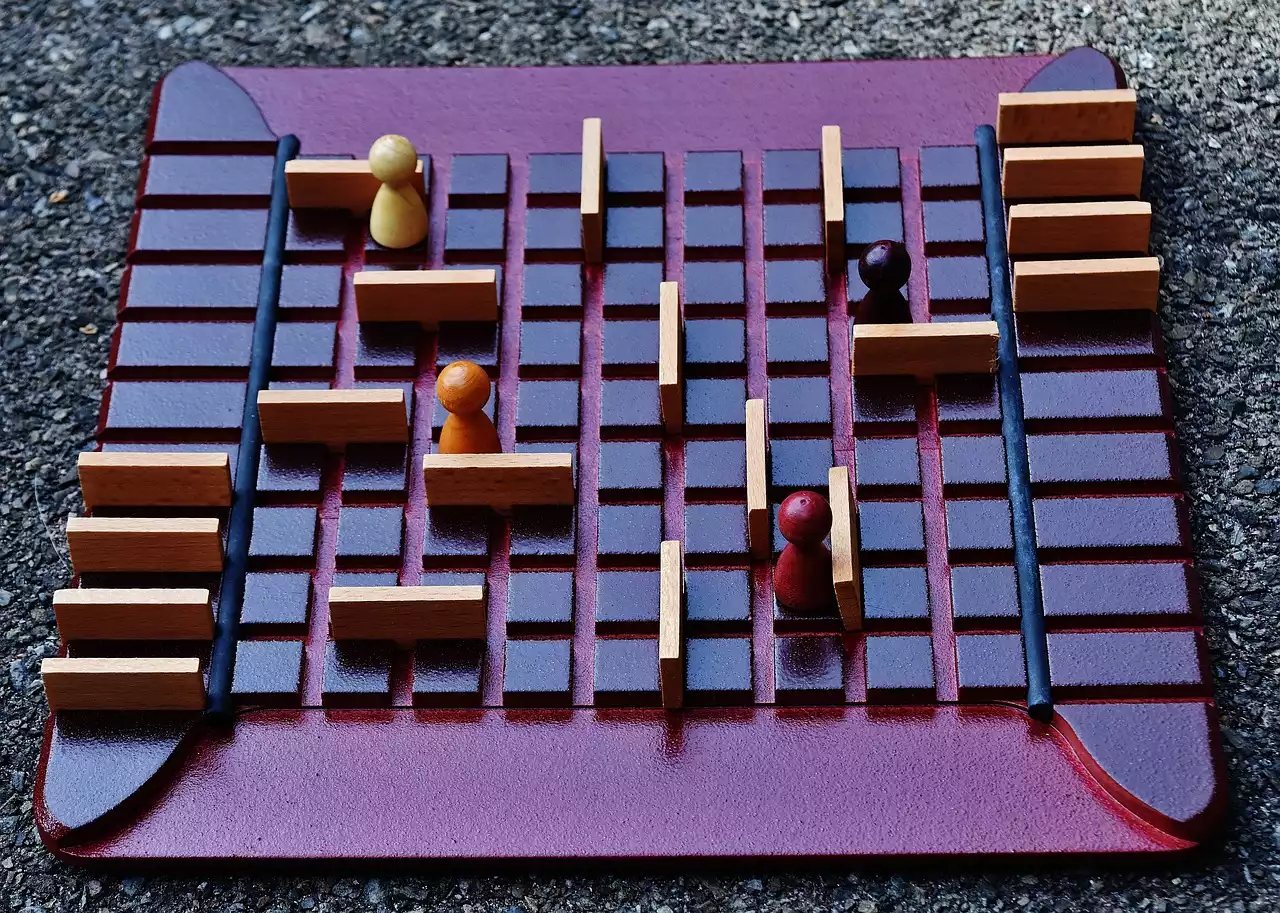The Origins of Jogo do Bicho
Jogo do Bicho, which translates to "Animal Game" in English, originated in the early 20th century in the bustling city of Rio de Janeiro, Brazil. Its beginnings can be traced back to the zoos of Rio de Janeiro, where the game was born out of a creative idea to raise funds for the maintenance of the zoological gardens. The game was initially played by assigning each animal in the zoo a corresponding four-digit number, and participants would place bets on which animal's number would be drawn.
The simplicity and excitement of Jogo do Bicho quickly attracted a large following, and it soon spread beyond the confines of the zoos. The game's popularity soared as it found its way into the streets and neighborhoods of Rio de Janeiro, captivating people from all walks of life. It became a common pastime for both the working class and the affluent, with people eagerly participating in the hope of winning substantial prizes.
Jogo do Bicho in Brazil's Early 20th Century
During the early 20th century, Jogo do Bicho became deeply intertwined with Brazilian society and culture. It provided an escape from the challenging economic conditions of the time and offered a glimmer of hope to those seeking a chance at financial prosperity. The game's allure was further enhanced by the charismatic figures known as "banqueiros" or bankers, who were responsible for organizing and managing the game.
These banqueiros became influential figures in their communities, often with close ties to politicians and the police. They established a complex network of collectors who would gather bets from participants and ensure the smooth operation of the game. The banqueiros' involvement in Jogo do Bicho created a unique dynamic where the game was not only seen as a form of entertainment but also as a means of social and political influence.
The Legalization and Illegalization of Jogo do Bicho
Over the years, Jogo do Bicho's legality has been a subject of intense debate and legal battles. In the 1940s, the Brazilian government attempted to suppress the game, labeling it as illegal gambling. However, despite these efforts, Jogo do Bicho continued to flourish, driven by its immense popularity and the strong influence of the banqueiros.
In a surprising turn of events, Jogo do Bicho experienced a period of legalization in the 1960s. The government recognized the game's widespread participation and decided to regulate it, viewing it as a potential source of revenue. This period of legalization allowed Jogo do Bicho to operate openly, with regular draws and official prizes. The banqueiros transformed into respected businessmen, contributing to charities and even financing public projects.
However, the legalization was short-lived. In the 1990s, amid concerns about money laundering and its alleged connection to organized crime, Jogo do Bicho was once again declared illegal. The government launched crackdowns on the game, arresting key figures and attempting to dismantle the intricate network that supported Jogo do Bicho's operations. Yet, despite these efforts, the game persisted, driven by its deep-rooted cultural significance and the loyalty of its participants.
Jogo do Bicho in Modern-Day Brazil
In modern-day Brazil, Jogo do Bicho remains a prominent fixture in the country's gambling landscape. Although officially illegal, the game continues to thrive in the underground market, attracting millions of participants and generating substantial revenue. It has become an integral part of Brazilian culture, with its own set of rituals and traditions.
The game's enduring popularity can be attributed to several factors. Firstly, Jogo do Bicho provides a sense of community and camaraderie, bringing people together in a shared pursuit of luck and fortune. It serves as a form of social bonding, with participants often discussing strategies and sharing stories of their wins and losses.
Additionally, Jogo do Bicho offers a sense of escapism in a country grappling with economic inequalities and social challenges. It provides a glimmer of hope for those seeking a way out of poverty, offering the possibility of a life-changing win. The allure of Jogo do Bicho lies not only in the monetary aspect but also in the dream of a better future.
The Impact of Jogo do Bicho on Brazilian Culture
Jogo do Bicho's impact on Brazilian culture cannot be overstated. It has infiltrated various aspects of society, influencing everything from art and literature to music and film. The game has been depicted in countless Brazilian novels, plays, and movies, serving as a symbol of the country's resilience and the pursuit of dreams against all odds.
Moreover, Jogo do Bicho has had a significant influence on the Brazilian political landscape. The banqueiros and their networks have been known to support political campaigns and even exert influence over elections. This intertwining of politics and gambling has sparked debates about corruption and the integrity of the democratic process.
The Controversy Surrounding Jogo do Bicho
The controversial nature of Jogo do Bicho stems from its alleged ties to organized crime and money laundering. Critics argue that the game provides a fertile ground for illegal activities, with proceeds being channeled into criminal enterprises. The intricate network of collectors and the banqueiros' influence over communities have raised concerns about the game's potential negative impact on society.
However, defenders of Jogo do Bicho argue that the game serves as a form of social welfare, providing financial assistance to communities in need. They contend that banning the game would have far-reaching consequences, depriving many of a source of income and support. The debate surrounding Jogo do Bicho continues to divide public opinion, with no clear consensus on its legitimacy or its impact on society.
Famous Jogo do Bicho Players and Their Stories
Throughout its history, Jogo do Bicho has produced a multitude of colorful characters and fascinating stories. From ordinary citizens who struck it rich overnight to notorious banqueiros who wielded immense power, the game has created legends and tales that have captured the imagination of the Brazilian people.
One such famous player is Castor de Andrade, a banqueiro who rose to prominence in the 20th century. Known for his flamboyant lifestyle and philanthropic endeavors, Castor became a symbol of success and generosity within the Jogo do Bicho community. His story, along with others, showcases the impact and influence that Jogo do Bicho has had on individual lives and the broader society.
Jogo do Bicho Strategies and Tips
For those interested in participating in Jogo do Bicho, understanding the game's intricacies and developing effective strategies can increase the chances of success. While luck plays a significant role, certain tactics can enhance the overall experience and potentially lead to more favorable outcomes.
One strategy is to analyze historical data and patterns to identify numbers that have a higher probability of being drawn. By studying previous results and observing trends, players can make informed decisions when placing their bets. Additionally, keeping track of the current events and cultural references that influence the game can provide valuable insights.
Conclusion
Jogo do Bicho's history is a testament to its resilience and enduring appeal. From its humble beginnings in the Rio de Janeiro zoos to its current status as an underground gambling phenomenon, the game has weathered legal battles, controversies, and changing societal norms. It continues to captivate millions of Brazilians, offering a glimpse into the country's vibrant culture and the dreams of its people.
While the legality and morality of Jogo do Bicho may remain subjects of debate, its impact on Brazilian society cannot be overlooked. The game has become deeply ingrained in the country's culture, influencing art, politics, and the lives of its participants. It serves as a reminder of the complexities and contradictions that shape Brazil, and the enduring power of hope and chance.
Join us as we uncover the captivating story of Jogo do Bicho and its enduring legacy in Brazil. Discover the origins of the game, its evolution, and the controversies that surround it. Explore how Jogo do Bicho has shaped Brazilian culture, impacted society, and become an integral part of the country's identity.





